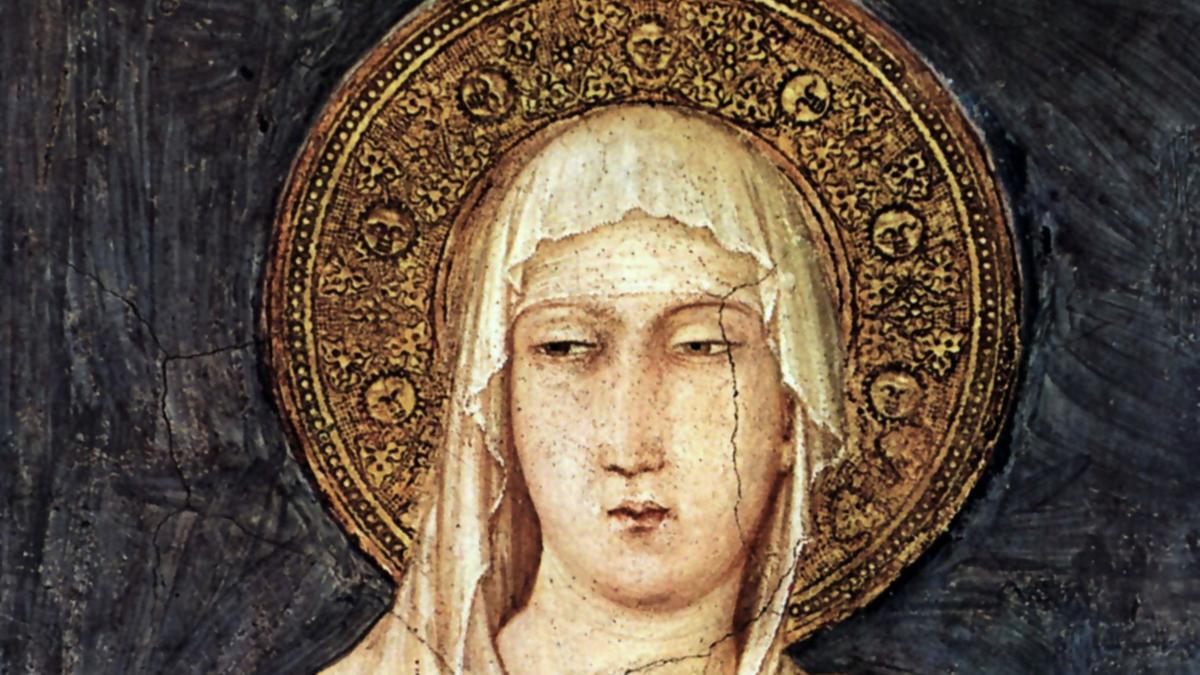
Religious freedom means the freedom to serve others. | SHVETS/Pexels
The Diocese of Winona-Rochester on Wednesday celebrated a couple of related events, the beginning of Religious Freedom Week and the feast day of Sts. Thomas More and John Fisher.
“Religious freedom allows the Church, and all religious communities, to live out their faith in public and to serve the good of all,” the diocese posted on Facebook. “Today, on the feast of these two saints, the USCCB invites Catholics to pray, reflect, and act to promote religious freedom.”
The theme for Religious Freedom Week this year is Life and Dignity for All, the U.S. Conference of Catholic Bishops (USCCB) said on its website. The USCCB asserts that the point of freedom is to be able to serve one another — through such things as health care, fostering or supporting adoption services. But it also encourages Americans to pray for and support persecuted Christians in other parts of the world, such as China.
Religious Freedom Week kicked off on Wednesday, with the USCCB asking Catholics to “pray that governments will respect the consciences of all people who care for the sick and vulnerable," a Conference Facebook post said.
St. Thomas More is the patron saint of civil servants and politicians, Catholic.org said. He was educated at Oxford and became a lawyer, though he briefly considered pursuing a religious life devoted to piety as a monk.
Although he stayed in the secular world, More continued to draw his inspiration from the Carthusian monks. He was elected to Parliament in 1504 as a representative of Great Yarmouth—and later of London—before becoming a Privy Counselor in 1514.
More earned a reputation for being an honest, effective public servant. King Henry VIII liked him, knighting More in 1521 and giving him more responsibilities. In 1532, however, More decided he could no longer work for the king because he believed the king had lost his way as a Catholic. More was eventually sentenced to death for refusing to acknowledge the king's annulment from his wife Catherine and also refusing to acknowledge that Henry was the head of the Church.
“Sts. Thomas More and John Fisher show us what faithful citizenship looks like,” the diocese said in its post. “They loved and served their country. In the moments just before his execution, More is said to have stated, ‘I die the King’s good servant, but God’s first.’”






 Alerts Sign-up
Alerts Sign-up